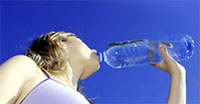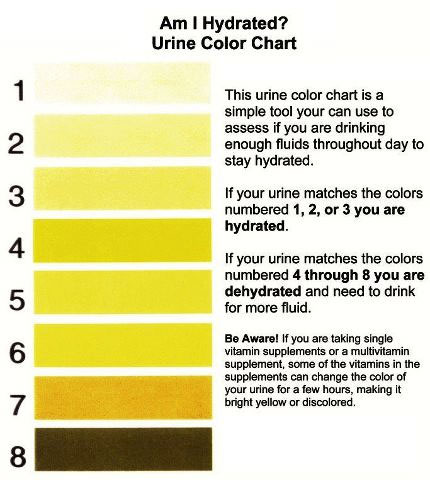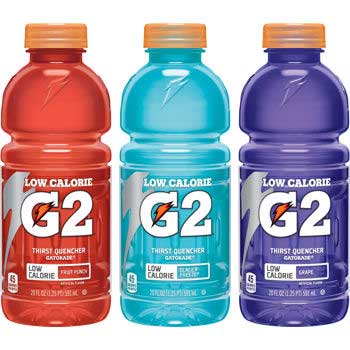Now that the temperatures are rising to above 90 degrees daily and our kids are starting back to sports training, dehydration is a serious risk. There are several simple ways to prevent dehydration and stay healthy. Read on to find out easy tips for preventing dehydration.
What is Dehydration?
The body is comprised mostly of water – about 65% in fact. We need a proper balance between electrolytes and water for our body systems to function properly, specifically muscle and nerve. Electrolytes important to these systems are calcium, potassium, magnesium, and sodium. Dehydration occurs when the amount of water in the body is decreased. Symptoms of dehydration are headache, anxiety, confusion, fatigue, faintness, inability to stand/walk, rapid breathing, increased heart rate, and loss of consciousness.
You don’t have to be participating in a formal exercise routine or sport to be at risk for dehydration. Walking, hiking, sitting in the heat, boating, and pick up games also cause sweating and can lead to dehydration if not replenished.
How to prevent dehydration?
The simple step to preventing dehydration is drinking enough water that you need to urinate every 2-4 hours. The amount you need depends on factors such as climate, exercise intensity, and exercise duration. Those with certain medical conditions (diabetes, obesity, and heart disease) and people taking diuretics need also to increase fluid intake. One easy way to measure your amount of dehydration is to monitor the color of your urine. If your urine is pale and clear you are hydrated. If it is dark you are dehydrated.
According to Batson,MD sports medicine physician: “If you get thirsty, you’re already dehydrated.”
What can I drink to re-hydrate?
Water is the best choice to replenish your intracellular water content. But you can also get water from certain food such as fruits and salads and sports drinks. If you need to replenish your electrolytes you can eat fruits, nuts, and seeds.
It is best to avoid caffeinated drinks when trying to re-hydrate your body. This because caffeine acts as a natural diuretic which can actual make you even more dehydrated!
What about sports drinks?
Some kids and adults don’t like the taste of water, so sports drinks such as Gatorade and Powerade are viable options. The problem with most sports drinks is that their salt and sugar content gives us the feeling of thirst.
Research has identified that if you exercise more than one hour you need to replenish your electrolytes. UNC school of medicine’s research identified that drinking a beverage that is “4-8% carbohydrates and 0.5g sodium/L is more effective that water for longer bouts of exercise.”
An issue with sports drinks is the nutritional content. A 12 oz serving of regular Gatorade contains 80 calories, 21g carbohydrates, and 160mg sodium. But, who only drinks 12 ounces? I see so many people walking around with the big 32 ounce bottles. That is 240 calories in one drink that constitutes 8% of your calories for the whole day!!! Gatorade also has a low calorie line called G2: a 12 ounce serving has 30 calories and 7g of carbohydrates.
What about athletes?
Athletes are more at risk for dehydration as they are sweating, out in the sun, and may not have time for a water break. WebMD states that “As little as 2% decrease in water can lead to dehydration and performance deterioration in sports.” As mentioned, before you are exercising more than an hour you need to replenish your electrolytes, so sports drinks are a great option. Athletes can monitor their water consumption during exercise by weighing themselves before and after. If they are properly hydrated the amount should be the same. If the after exercise value is higher or lower the water intake was too much or little respectively.
Preventing Dehydration – Final Thoughts
The amount of water in our body ensures proper organ and system function. To prevent dehydration we need to have the appropriate amount of water intake daily. Water can come from simple tap-water, fruits, salads, and sports drinks. Sports drinks can be an appropriate substitute if your activity lasts longer than an hour.





